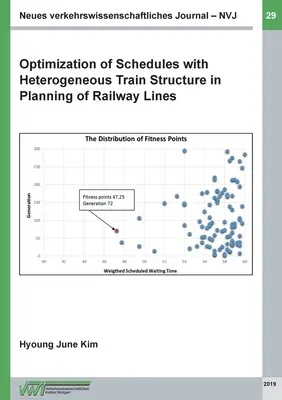Hyoung June Kim
(Author)Optimization of Schedules with Heterogeneous Train Structure in Plan-ning of Railway LinesPaperback, 23 June 2020

Qty
1
Turbo
Ships in 2 - 3 days
In Stock
Free Delivery
Cash on Delivery
15 Days
Free Returns
Secure Checkout
Print Length
146 pages
Language
English
Publisher
Books on Demand
Date Published
23 Jun 2020
ISBN-10
3749485062
ISBN-13
9783749485062
Description
Product Details
Author:
Book Format:
Paperback
Country of Origin:
US
Date Published:
23 June 2020
Dimensions:
21.01 x
14.81 x
0.79 cm
ISBN-10:
3749485062
ISBN-13:
9783749485062
Language:
English
Pages:
146
Publisher:
Weight:
181.44 gm

